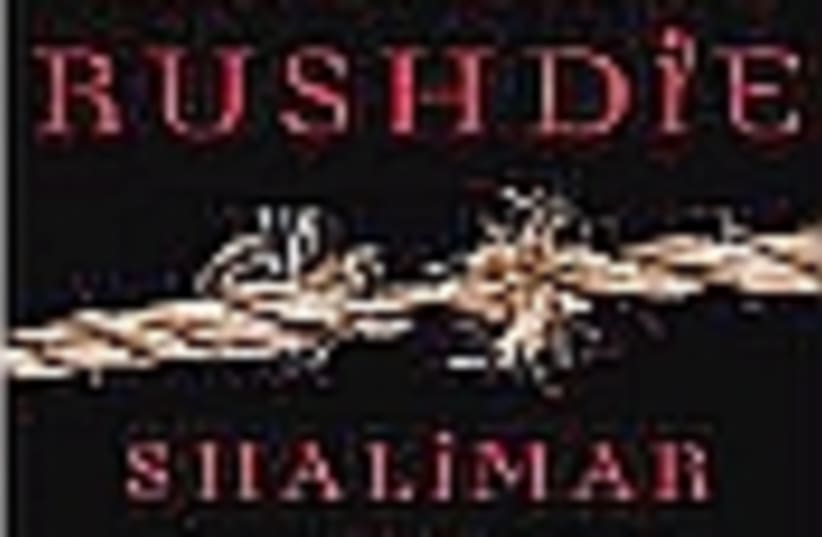| More about: | William Faulkner, Ruhollah Khomeini, Salman Rushdie, The Satanic Verses |
The radicalization of the man from clowning to killing
Salman Rushdie's latest novel reminds us that nationhood and identity are not one and the same.


| More about: | William Faulkner, Ruhollah Khomeini, Salman Rushdie, The Satanic Verses |